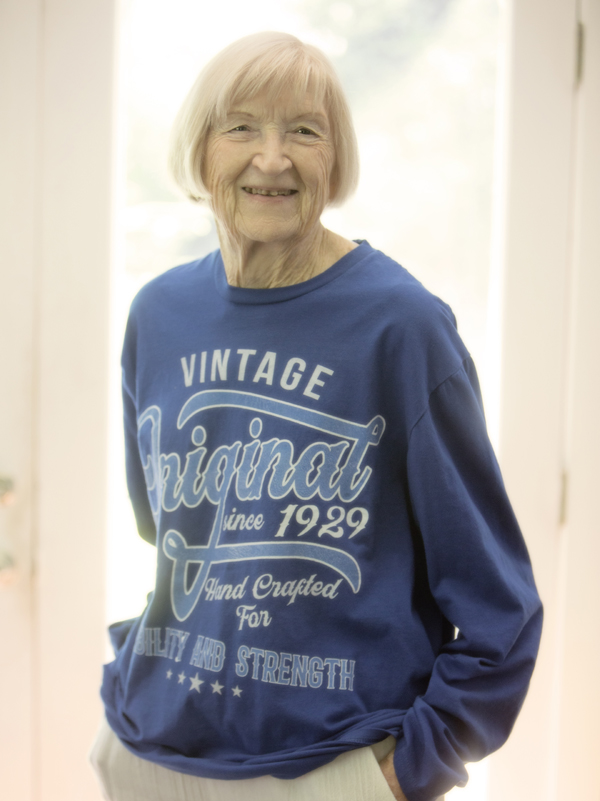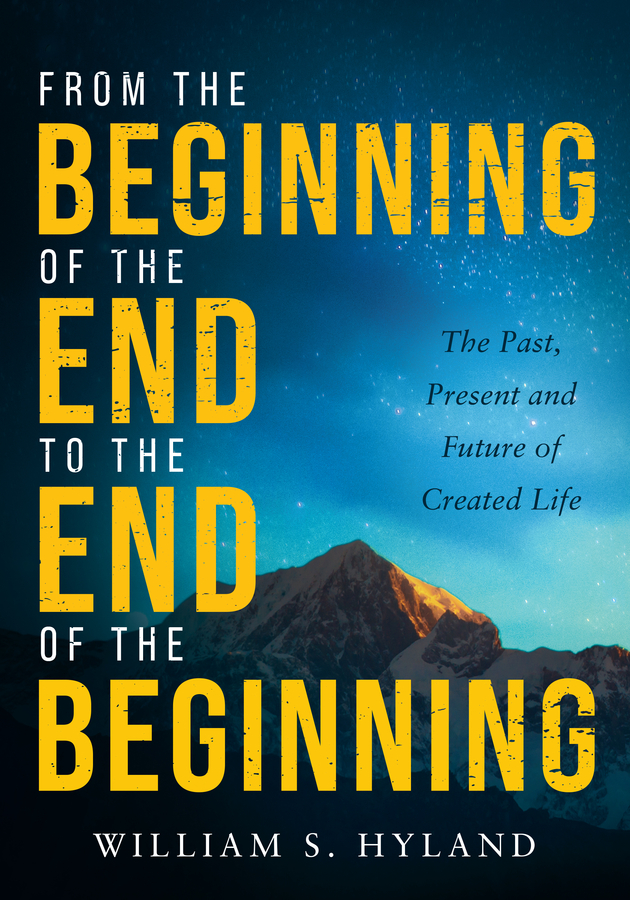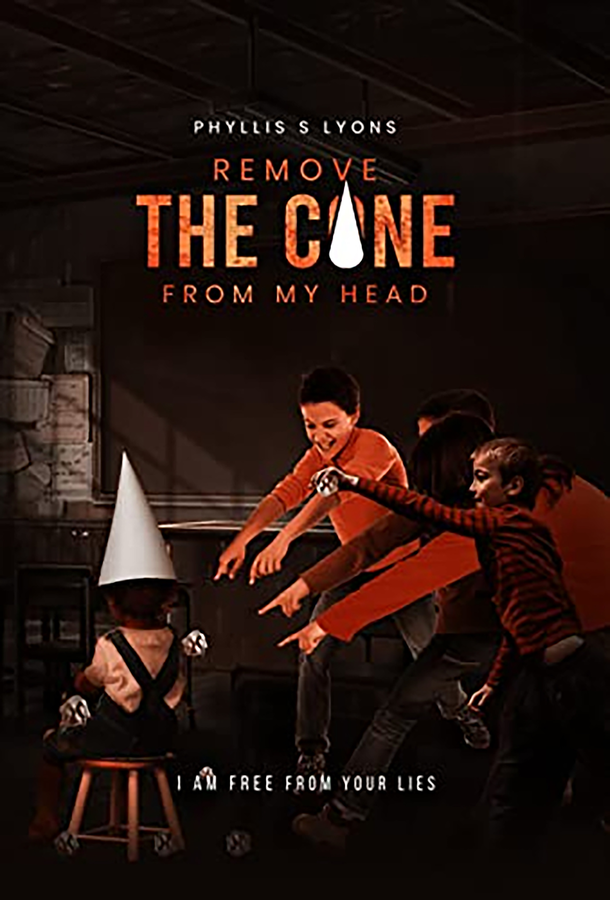Best-selling author Frances Fuller offers an insider’s view of assisted living and a unique outlook on aging, based on her own experience. Her insights are penetrating and deal with issues that many seniors and their families are concerned about.
WILMINGTON, NC, December 13, 2023 /24-7PressRelease/ — For many of us, Christmas is a special time of year, rich in traditions that emphasize family, community, and joyous gatherings. It has been said that “there is no place like home for the Holidays”. What if “home” is an assisted care facility? Frances Fuller, award winning author of her best selling book on aging, addressed this issue in a recent post on her website titled, “What Christmas Is Like in an Assisted Care Home”. In that article, she wrote in part:
In another country I visited a home for the sick and elderly, just a few days before Christmas. In the lobby where I got permission to go into the ward there was Christmas music, familiar carols.
Then in the large room where more than a dozen women lay in hospital beds, there was no sound except that of someone groaning and two nurses talking to patients. Finding the woman I had come to visit, I greeted her with a smile and “Merry Christmas,” or actually the equivalent in her language.
To my surprise she burst into tears and said, “I didn’t know it was Christmas.”
I tell you this sad story only to say, this is not likely to happen in an assisted care community in the USA.
In the place from which I write, it is Christmas on every hall: the nursing ward, memory care, assisted care, independent living. These are some noticeable signs of the season:
Tree trimming parties
Decorated trees everywhere
Sounds of Christmas music in the lobby
“Christmas crafts” on activity schedules
A college choir coming to perform for residents
An unusual number of visitors, family and friends who miss us at home, especially at Christmas
An unusual number of absent residents, people who are spending the holiday elsewhere with sons and daughters
Packages arriving, cards in mailboxes
Bus tours to see the Christmas lights
Buses leaving for a concert in a city auditorium or a church
Christmas movies in the community room
Resident choirs warming up for a performance
All this and a collection to reward our workers, the people who cook and clean and lift and protect and fix what is broken and come when called. And another for elderly folks we don’t even know, with inadequate incomes, living somewhere else in subsidized housing. Because, even here, especially here, we must not forget that we are privileged to live in a country where some economic provision has been made for the time when we can no longer work eight hours a day. At the same time some of us have earned more or been luckier than others, and we know that many aging people cannot afford a Christmas tree, much less a ticket to the symphony. So even in a retirement community we have opportunities to make a small sacrifice for someone else. We can celebrate Christmas by giving.
Will all of this be happening in every retirement/ assisted living community? Probably not. And maybe you think you don’t even care. But you do have to look before you jump. So, visit every department of a home you are considering, not just living spaces, but the game room, the library, the gym, the auditorium, thinking about things you would like to do. And see the nursing wing, a place where (face it) you may one day have to spend Christmas.
Ask questions, any question, all of your questions. Read the daily schedules, the activities list, the menus. Talk to the people who live there. Along with all the more practical issues, ask what happens on holidays.
The full text of the piece is available at https://www.inborrowedhouseslebanon.com/what-christmas-is-like-in-an-assisted-care-home/.
Frances Fuller’s book is unique among the many books on aging, because it is personal, while most such books are written from an academic point of view. Most are penned by sociologists, doctors, gerontologists, even the CEO of AARP, and one by a Catholic nun, Joan Chittister. Chittister’s book, ‘The Gift of Years’ is beautifully written, focusing on spiritual values and finding meaning in life. Chittister admits in the preface that she was only 70, which is the front edge of aging, and her book is somewhat abstract.
Atul Gawande’s book, ‘On Being Mortal’, relates medicine and old age, It enjoys high Amazon rankings, in the category of “the sociology of aging.” It contains a great deal of valuable scientific information and shows understanding of the physical and emotional needs of the elderly.
Frances Fuller’s book, ‘Helping Yourself Grow Old, Things I Said To Myself When I Was Almost Ninety’, is an up-close and very personal encounter with aging. It is an uncontrived and firsthand look at her own daily experiences: wrestling with physical limitations, grief, loneliness, fears, and the decisions she has made about how to cope with these and keep becoming a better person. She faces regrets and the need to forgive herself and others and is determined to live in a way that blesses her children and grandchildren.
Frances deals with many common, universal but sometimes private issues in an open, conversational tone. Her confessions and decisions invite self-searching and discussion. She tries to make sense of her own past and to understand her responsibility to younger generations. In the process she shares her daily life, enriched with memories from her fascinating experiences. Her stories and her voice — fresh, honest, irresistible — keep the reader eager for more. The end result is a book that helps create a detailed map through the challenging terrain of old age.
The result of this intimate narrative is that readers laugh, cry and identify with her mistakes and problems. Reviewers have called the book, “unique,” “honest,” “witty,” “poignant,” “challenging” and “life-changing.”
For these reasons it is a book unlike any other book on aging you will ever read. The book can serve as a primer on what lies in store for all of us, from someone who is working through many of these issues. While the book is a perfect fit for book clubs, there are many other individuals and groups who could benefit from the information and ideas in the book:
Those approaching retirement
People who are currently retired
Children of aging parents
Those who have lost a spouse
Retirement community discussion groups
Counselors
Educators
Life coaches
Church groups (men and women)
and a host of others. For group discussions, Fuller has made a set of discussion questions available at her website at http://www.FrancesFullerAuthor.com.
Readers have lavished praise on the new book. One Amazon review stated, “I find myself thinking,’I need to read this again and take notes!’ It’s full of wisdom, humor, and grace. I also have committed to rereading it annually – it’s that important!” Another said, “There is valuable life experience in this book. Helping Yourself Grow Old is truly is a book for all ages, and one not to be missed.” Another stated, “Beautifully written book telling timeless truths, for both the old and the young. Highly recommend this book for anyone who loves to laugh, cry, and learn wisdom from someone who has lived so much life.”
Frances’ prior work, ‘In Borrowed Houses’, has taken three industry awards and has achieved Bestseller status. Frances Fuller was the Grand Prize winner in the 2015 ’50 Great Writers You Should Be Reading’ Book Awards. It received the bronze medal for memoir in the Illumination Book Awards in 2014. Northern California Publishers and Authors annually gives awards for literature produced by residents of the area. In 2015 ‘In Borrowed Houses’ received two prizes: Best Non-fiction and Best Cover.
Critics have also praised ‘In Borrowed Houses.’ A judge in the 22nd Annual Writer’s Digest Self-Published Book Awards called ‘In Borrowed Houses’ ” . . a well written book full of compassion . . . a captivating story . . . “. Another reviewer described the book as “Wise, honest, sensitive, funny, heart-wrenching . . .”. Colin Chapman, lecturer in Islamic Studies at the Near East School of Theology in Beirut said, ” . . . western Christians and Middle Eastern Christians need to read this story…full of remarkable perceptiveness and genuine hope.”
Frances has shared stories about her life in an interview with Women Over 70, and a recording is available on their Facebook page.
Frances Fuller is available for media interviews and can be reached using the information below or by email at [email protected]. The full text of her latest article is available at her website. Fuller’s book is available at Amazon and other book retailers. A free ebook sample from ‘In Borrowed Houses’ is available at http://www.payhip.com/francesfuller. Frances Fuller also blogs on other issues relating to the Middle East on her website at http://www.inborrowedhouseslebanon.com.
About Frances Fuller:
Frances Fuller spent thirty years in the violent Middle East and for twenty-four of those years was the director of a Christian publishing program with offices in Lebanon. While leading the development of spiritual books in the Arabic language, she survived long years of civil war and invasions.
—
For the original version of this press release, please visit 24-7PressRelease.com here







